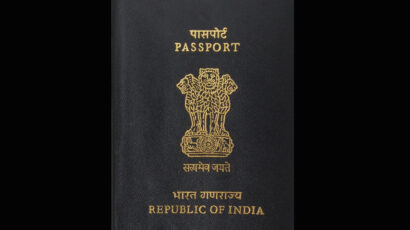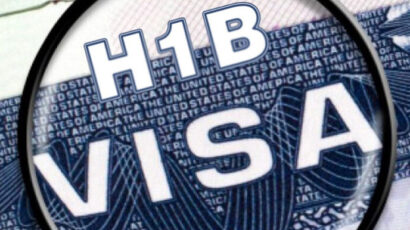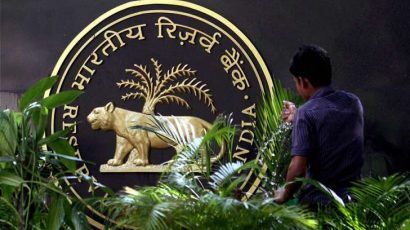International Credit Card Spends Outside India to Attract 20% TCS: Impact on Cardholders

The Ministry of Finance has recently introduced an amendment to the Foreign Exchange Management Act (FEMA) regulations, bringing credit card spending in foreign currencies under the purview of the Liberalized Remittance Scheme (LRS). As a result, individuals will now have to include credit card expenses in foreign currencies within the annual limit of $250,000 per person under the LRS. Additionally, these transactions will be subject to a tax collected at source (TCS) of 20%.
A legal expert mentioned, “The move will essentially require persons undertaking transactions through international credit cards during their travels outside India to be cognizant of the restrictions on transactions listed out in Schedule III of the Rules, which are in terms of monetary caps imposed on certain identified transactions. Accordingly, the prior consent requirement as mentioned will kick in only if these caps are breached (and some of these limits are reasonably high as well), and it will have to be analyzed how the industry reacts to these changes.”
Under the previous rules, international credit cards enjoyed certain privileges and were exempt from the LRS restrictions. However, with the recent amendment, credit card payments will now be treated on par with other money transfer instruments, except for payments made through funds held in Resident Foreign Currency (RFC) accounts in Indian banks.
The amendment involves the omission of rule 7 of the Foreign Exchange Management (Current Account Transactions) Rules, 2000. This change means that credit card payments for transactions falling under Schedule III of the rules will now be covered by the LRS.
The legal expert explained, “Rule 7 of the Foreign Exchange Management (Current Account Transactions) Rules allowed certain foreign currency payments made using a credit card without covering them under the umbrella of Liberalised Remittance Scheme. That meant that an individual could make the said payments even above the threshold of USD 250,000 specified under LRS. However, the only payments allowed under Rule 7 were the payments toward expenses incurred on a foreign visit. That means if a person is traveling outside India, the expenses incurred during such a foreign trip using a credit card were counted towards the LRS quota of the individual. Now, the omission of Rule 7 means that even foreign travel payments would be covered under LRS.”
The expert also mentioned that Budget 2023 introduced an amendment to increase the TCS for foreign remittances under the LRS from 5% to 20% (except for education and medical purposes), effective from July 1, 2023.
Currently, remittances for foreign education made through education loans paid abroad attract a TCS of 0.5% for amounts transferred beyond Rs 7 lakh. However, non-education loan funding for education purposes incurs a TCS of 5% for amounts exceeding Rs 7 lakh. These rates will remain unchanged after July 1, 2023.
For booking overseas travel packages, the TCS on remittances will increase from 5% to 20%, starting from July 1, 2023. This applies to purchasing tour packages from international travel agents in foreign currency using credit cards, as well as individual purchases of foreign currency from authorized dealers for foreign trips.
To simplify the TCS rule, a tax expert explained, “The measures impose a collection of tax at source from your account every time you spend your money using your credit card on international spends. In simple words, it blocks a chunk of cash that will be available to you as a tax credit or a refund only after you file your income tax return.”
The expert further added that the government originally intended to impose this measure only on credit card expenses for foreign tours.















